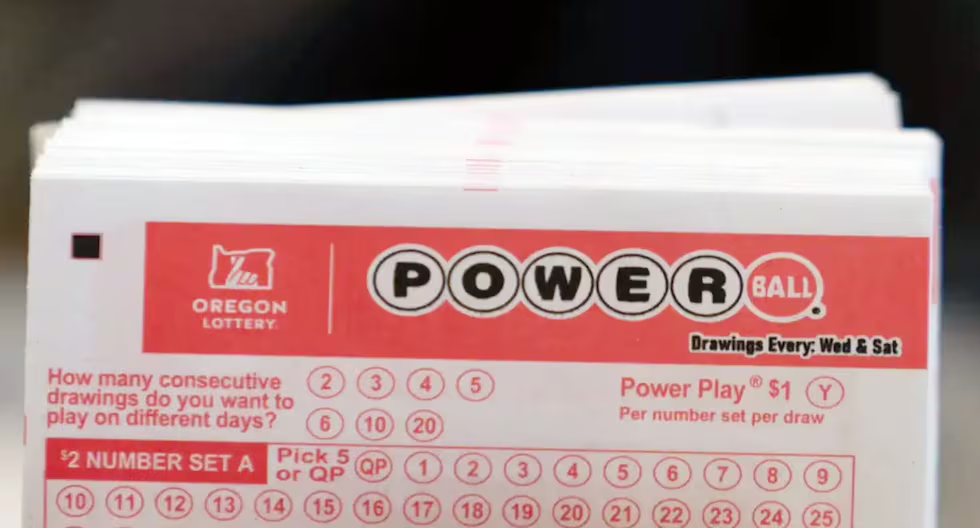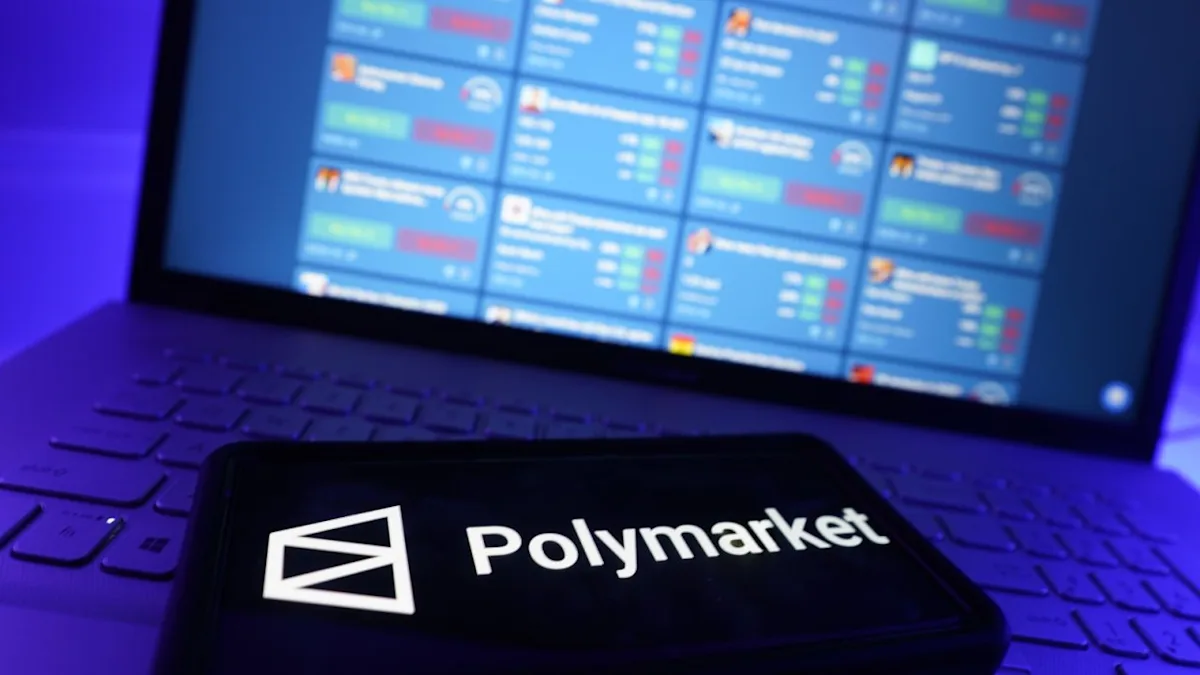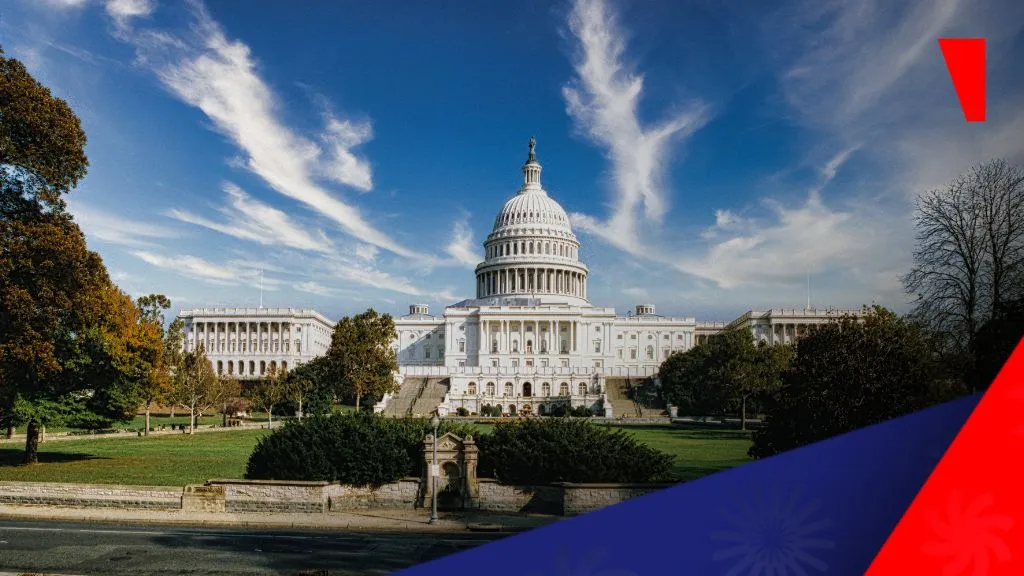On Wednesday, Long Shot’s OTB declared its intention to return to the digital sports betting market, this time in collaboration with PureWager. Caesars Sportsbook and Long Shot’s, one of the few Class B licensees in the state and based in Frederick, Maryland, collaborate on retail operations.
Owner Alyse Cohen sees this most recent effort to enter the digital market—which accounts for over 90% of handle and revenue in the state—as an opportunity to establish a niche that larger operators like BetMGM, DraftKings, or FanDuel aren’t involved with directly.
Cohen, who thought that retail sports betting would assist Long Shot’s turn around like other small businesses in Maryland, discovered that internet betting is king in late 2021 when online wagering went live in Maryland.
ALSO READ: As FanDuel Sports Network builds production hub in Denver, workers say move will hurt broadcasts
For sports betting activities, her OTB first collaborated with BetFred, an English organization, but the latter left the United States last summer. Long Shot’s closed its BetFred-powered online platform a little more than a month after closing its physical BetFred sportsbook on June 9, 2024. Caesar’s was a partner when Long Shot’s reopened its physical sportsbook in December 2024, but the company has been without a digital partner for over a year. Caesar’s internet betting site is linked to Baltimore’s Horseshoe Casino.
At a March 12 house hearing in Maryland regarding historical horse racing (HHR) and sweepstakes, Cohen stated, “We want to thrive, not just survive.” Since sports betting began online in Maryland in November 2022, she said, handle has decreased by 33%. Approximately a year prior, in December 2021, in-person betting was active. For smaller gaming firms, having HHR machines at Long Shot’s could improve profitability.
At one point, Cohen remarked, “We thought that retail sports betting would give us a much-needed sales boost.” “Instead, the entire sports betting industry has moved online.”
By providing a gambling-like option through a government regulator, prediction markets have upended the legal U.S. sports betting sector since that hearing. Four states, including Maryland, have sent cease-and-desist letters to Kalshi, the most popular prediction market, following its launch of sports event contracts in January. The matter is currently before the U.S. Court of Appeals for the Fourth District after Kalshi filed a lawsuit against the state in response. Since the state agreed to halt enforcement until the matter is resolved, Kalshi has continued to operate in Maryland.
Go-live date not set
According to Maryland’s legal betting statute, women or members of underrepresented groups must hold 5% of each Class B sportsbook. Although politicians in Washington, D.C., also incorporated minority business criteria into their legislation, this requirement is unique. Smaller, retail sportsbooks such as Long Shot’s, Riverboat on the Potomac, or Rod ‘n Reel are eligible for Class B licenses. Four of the seven Class B licensees have partners in the digital space. Fanatics Betting & Gaming, in association with Riverboat on the Potomac, is the largest.
According to Cohen, Long Shot’s, which currently holds a digital betting license, plans to launch online with PureWager either late this year or early next year. PureWager, which earlier this year partnered with investment firm SCCG Management to help oversee its North American expansion, agreed to an eight-year contract with her company. PureWager is now applying for a Maryland operator’s license. Because of their prior collaboration with BetFred, Long Shot’s already possesses a digital operating license.
Courtesy: https://www.covers.com, https://www.casino.org, https://pechanga.net








